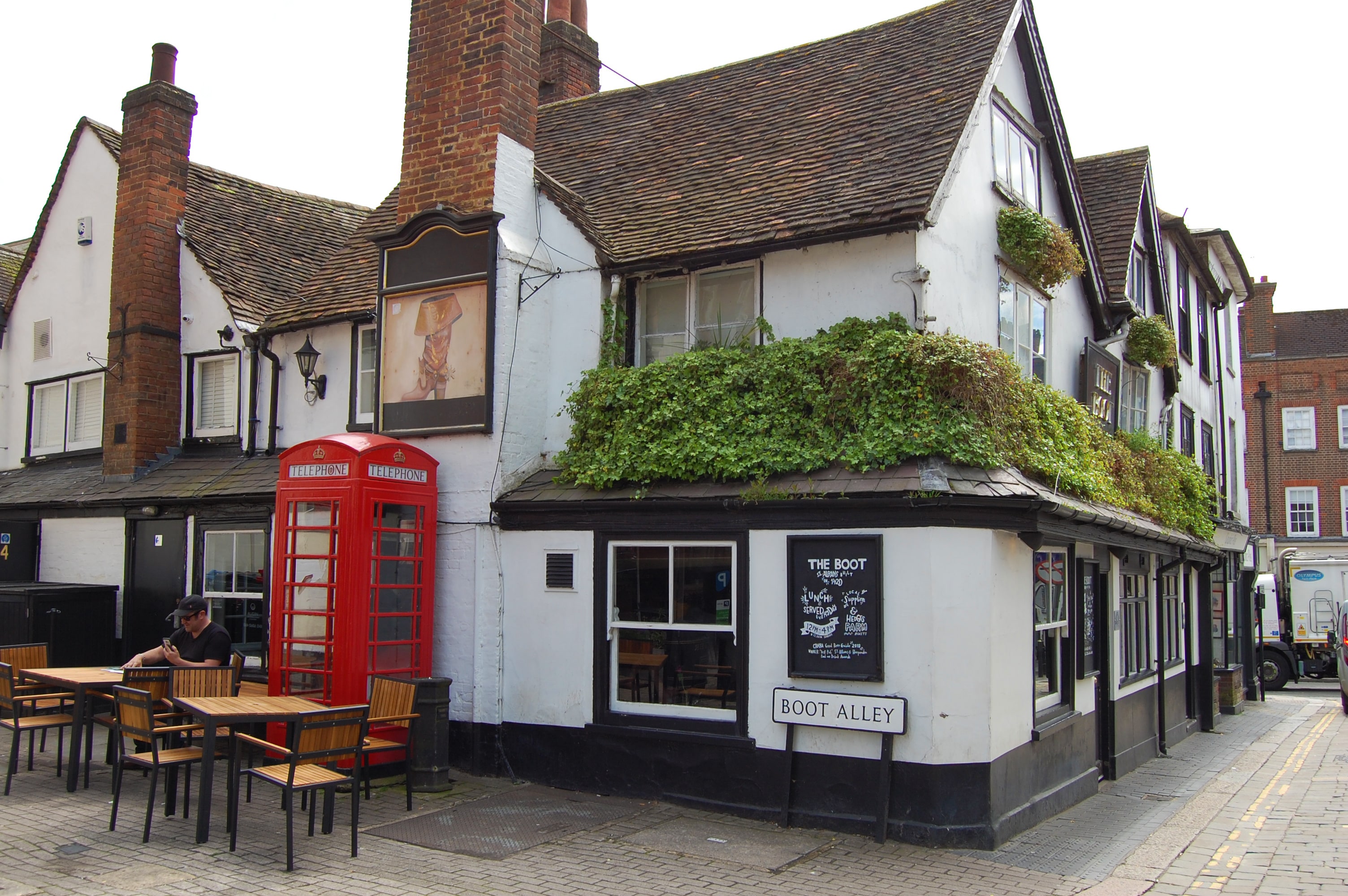
Long seen as a staple of British community, local pubs have faced tough times in recent years. Hit hard by the 2008 financial crash and squeezed by punitive business rates, the number of pubs in the UK fell by almost 12,000 between 2007 and 2019.
But that might be changing. The Office for National Statistics (ONS) has reported a small rise in total numbers – the first since the financial crisis – and has noted that pub employment figures actually grew in the last few years.
A cautious welcome
This is good news for British pubs, but it’s not the end of the story. Hugh Stickland, a senior statistician for the ONS, pointed out that a rise in numbers of larger pubs might be fuelling the data. “We’ll have to wait to see if this marks a revival for smaller ‘locals’,” he said.
Such has been the decline in local pub numbers, there are multiple campaigns for their survival. Both the Campaign for Real Ale (CAMRA) and the British Beer & Pub Association, which runs a campaign called Long Live the Local, have given the newly revealed figures a warm, but qualified, welcome.
A British Beer & Pub Association spokesperson said that while they wait for their own data on 2019 pub numbers, the ONS report is a good prompt. “Policy makers have a great opportunity in the March Budget to help pubs flourish, by easing the significant tax pressures they face from beer duty and business rates,” they said.
Community spirit
“We all know that some of the biggest debates in society have gone on over a pint in the local,” says Nik Antona, CAMRA’s national chairman. “People have different views on football, on politics, on religion… you name it, it gets discussed in a pub.”
A pub could be a place where debates are hashed out, friends meet, strangers talk. But for all that pubs have garnered an image as “the crux of Britishness,” as Antona puts it, the social benefits they provide to a community are rarely highlighted.
Research commissioned by CAMRA has shown that when people in a community have a local, their overall wellbeing is higher. The benefits are inextricably linked to a reduction in loneliness, which CAMRA has also consistently worked to promote – with good reason, given that research suggests those who are not lonely could live for 15 years longer than those who are.
Antona points out that although the numbers of licensed premises in city centres are increasing, it’s those on the periphery of towns and in rural areas that are closing. “We’re losing those locals, and it’s those communities that we see suffering, seeing those declining numbers,” Antona says.
Giving pubs a chance
According to the ONS, employment figures for pubs have grown over the last few years as they employ more and more kitchen staff, even as bar staff numbers dropped.
This is at least in part due to a changing business model for larger pub companies and breweries, Antona argues. Many are replacing tenanted pubs with managed premises, often moving them to retail or business parks and away from the heart of the community. The pub may then employ 20-25 people, but the model is closer to that of a restaurant than a pub, Antona says.
Competition from supermarkets is also intense. “We need preferential tax for on-trade as opposed to off-trade,” Antona says. “If you’re selling beer in a pub, why pay so much tax on it? A supermarket can pay the same tax but use those products as a loss leader, and then offer wonderful deals that a pub or a bar can’t. They’re taking the trade away from pubs, and you end up encouraging anti-social drinking outside of a controlled environment like a local.”
So why are the major breweries walking away from smaller, traditional pubs? According to Antona and CAMRA’s wider campaign, a major factor is the disproportionately high business rates for pubs. By CAMRA’s estimation, pubs are paying around £500m a year more than they ought to be, based on space and turnover.
CAMRA, like the British Beer & Pub Association, is campaigning for small pubs to have better support from government. The 2019 Conservative manifesto promised a review of business rates, which CAMRA supports.
“To ensure pubs survive and thrive, they need a fair tax system and stability going forward,” Antona has said. “We urge that these asks are reflected in the forthcoming Budget to help save the great British pub.”
Frances Ball
